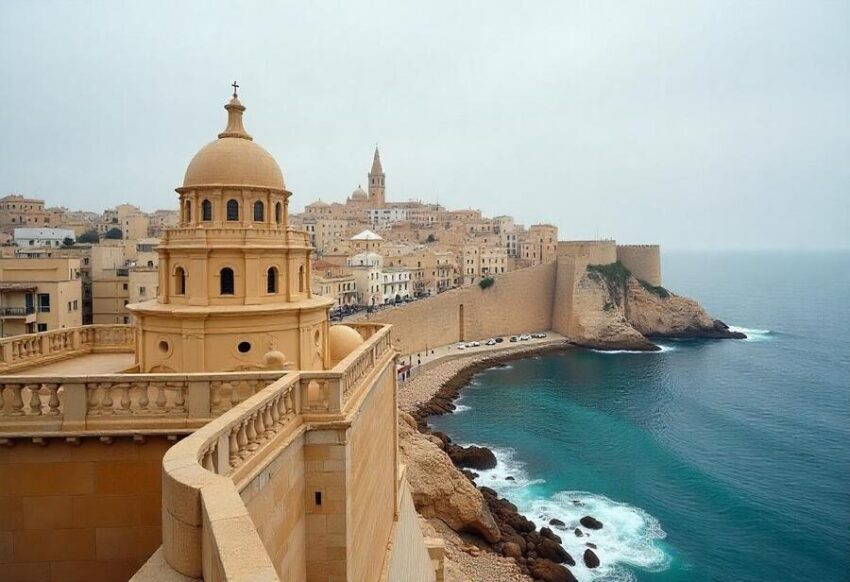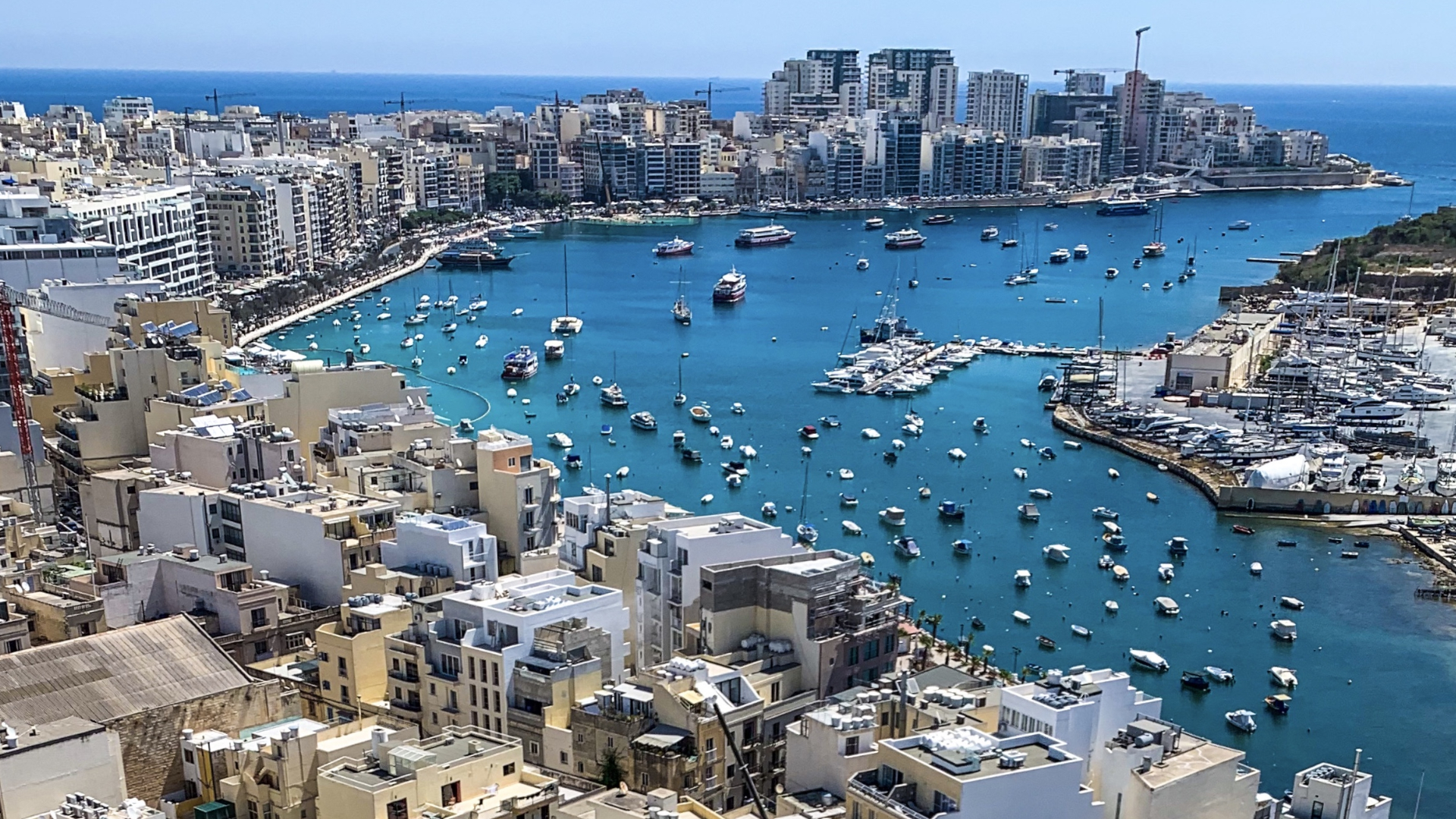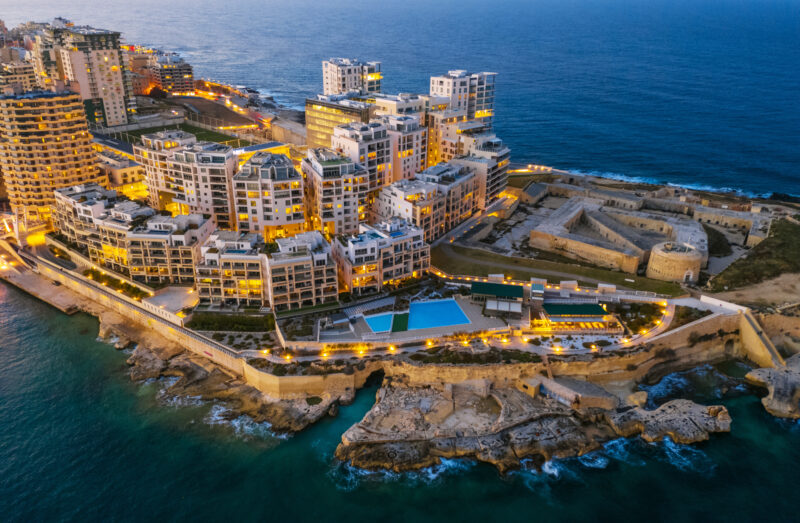As we step into 2025, the Maltese real estate market continues to be a captivating subject of discussion, drawing attention from investors and homeowners alike. Once an idyllic backdrop for vacationers, Malta has evolved into a thriving hub of opportunities, weaving together a rich tapestry of culture, history, and modernity.
Property prices have seen dramatic fluctuations that reflect not only local demand but also international interest, with investors flocking to this Mediterranean jewel in pursuit of lucrative returns. Yet, beneath this seemingly vibrant exterior, the market grapples with challenges, from regulatory shifts to economic uncertainties.
So, is Malta’s real estate sector still poised for explosive growth, or are we witnessing the signs of a market recalibration? As we delve deeper, we’ll explore the nuances shaping the landscape, revealing insights that could steer prospective buyers and sellers in this dynamic environment.
Historical Trends: Analyzing the Growth oMalta’sas Real Estate

Over the past two decades, Malta’s real estate market has undergone a remarkable transformation, evolving from a modest scene to one of Europe’s most dynamic arenas. The island’s strategic location in the Mediterranean, coupled with its robust economic growth and favorable tax incentives, has attracted international investors in droves. Property prices have surged—double-digit increases were common post-2015, reflecting the burgeoning demand for both residential and commercial spaces.
Yet, trends hint at a precarious balance; while foreign interest continues to entice developments, local buyers grapple with affordability, leading to a paradox where luxury properties flourish amid growing concerns over housing accessibility. As 2025 approaches, the interplay of these historical trends could very well dictate the future trajectory of Malta’s real estate landscape.
Will it sustain its momentum, or will it face the inevitable adjustments that come with rapid growth?
Key Factors Driving Demand in 2025

As we dive into 2025, several key factors are significantly driving demand in the Malta real estate market. First and foremost, the island’s strategic location in the Mediterranean continues to attract international investors and expatriates drawn by its vibrant lifestyle and favorable climate.
This year, a surge in digital nomadism has catalyzed demand for both residential and commercial properties, as remote workers seek sun-soaked locales to balance work and leisure. Moreover, Malta’s strong economic performance, underscored by an increase in tech startups and financial services, presents a lucrative prospect for real estate investment. The government’s ongoing initiatives to streamline property purchase processes and the potential introduction of incentives for first-time buyers further bolster market activity.
Amidst these dynamics, the growing emphasis on sustainable living and eco-friendly developments is reshaping buyer preferences, making green buildings not just desirable but often essential in today’s market. In essence, the fusion of location, economic stability, innovation, and sustainability blends into a compelling narrative for Malta’s booming real estate landscape in 2025.
Impact of Government Policies on the Real Estate Sector

Government policies play a pivotal role in shaping the real estate landscape, and Malta’s market is no exception. In recent years, initiatives aimed at spurring investment and enhancing foreign interest, such as tax incentives for buyers and streamlined property registration processes, have attracted numerous buyers, both local and international.
On the flip side, regulatory measures addressing sustainability and urban planning have imposed stricter guidelines, influencing developers ‘ strategies and ultimately impacting supply. The balancing act between fostering growth and ensuring responsible development creates a dynamic environment, one where potential investors must navigate a labyrinth of regulations while also seizing the opportunities these policies can create.
As Malta strides toward 2025, the interplay between legislative changes and market trends will undoubtedly dictate the trajectory of its booming real estate sector.
Conclusion
In conclusion, the Malta real estate market in 2025 continues to exhibit resilience and dynamism, driven by a combination of economic stability, favorable fiscal policies, and a growing demand for properties for sale in Malta. As international interest remains robust, particularly from investors seeking both residential and commercial opportunities, the market is likely to thrive in the coming years.
While challenges such as affordability and evolving regulations persist, the overall outlook remains optimistic. Prospective buyers and investors should stay informed and conduct thorough research to navigate this vibrant market successfully.
With an array of diverse properties available, Malta continues to stand out as an attractive destination for real estate investment.


